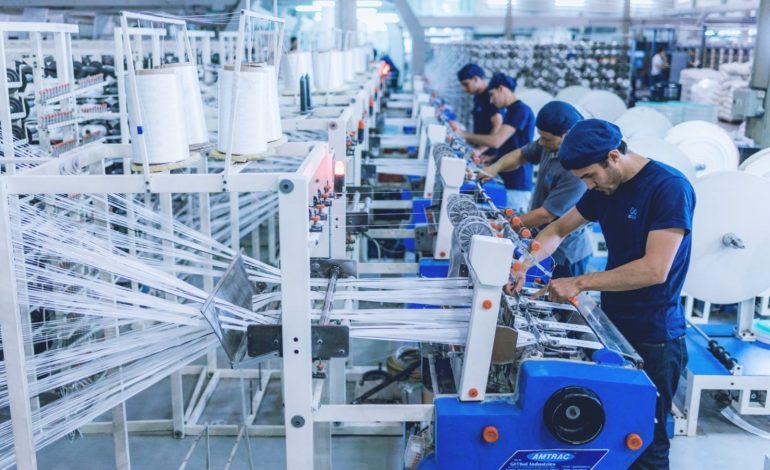Paraguay’s maquila sector has shattered expectations by surpassing the US$1 billion export barrier in just ten months. The industry accumulated US$1.052 billion in exports up to October 2025, bolstered by strong performances in auto parts, clothing, aluminum, and food sectors. These areas account for 76% of total shipments, underscoring their leadership in manufacturing activity.
A maquila is a manufacturing operation where companies import materials duty-free, assemble products using local labour, and export the finished goods. Located in free trade zones, it leverages tax incentives and low labour costs to boost economic growth and add domestic value before export.
In October 2025 alone, maquiladora exports reached US$131 million, according to data from Paraguay’s Vice Ministry of Industry. This performance has contributed to a favourable trade balance and significant job creation.
Mercosur as key market for Paraguay’s maquila sector
Mercosur continues to serve as the primary destination for Paraguay’s maquila sector products, absorbing 81% of exports. Brazil emerges as the top recipient, taking 64% of shipments, followed by Argentina.
Additional exports are directed to the United States, the Netherlands, Bolivia, Chile, and Uruguay, albeit in smaller volumes. At the close of 2024, maquila exports under this regime comprised 66% of Paraguay’s total manufactured goods of industrial origin, highlighting its strategic importance.
Geographic concentration, and growing employment
Some 91% of companies with approved maquila programmes are located in Paraguay’s departments of Alto Paraná, Central, Capital, and Amambay. These regions are establishing themselves as vital industrial and logistics hubs.
The Paraguayan government is actively promoting formal employment through the maquila system, which currently supports 35,447 direct jobs. October 2025 saw the addition of 383 new positions, with year-on-year growth reaching 6,676 jobs.
Leading sectors in employment include clothing, with 8,076 workers; auto parts, at 7,963; intangible services, with 3,959; and plastics and chemicals, employing 2,742. Other sectors such as wood, pet food, and metalworking each exceed 1,000 direct jobs. Notably, 45% of the workforce are women, making the maquila regime a key driver of female employment.
Positive trade balance
Imports for the sector totalled US$563 million up to October 2025, marking an 18% rise from the same period last year. Despite this increase, the trade balance remains strongly positive, with exports surpassing imports by 87%. This surplus reflects substantial value addition in local production for international markets.


